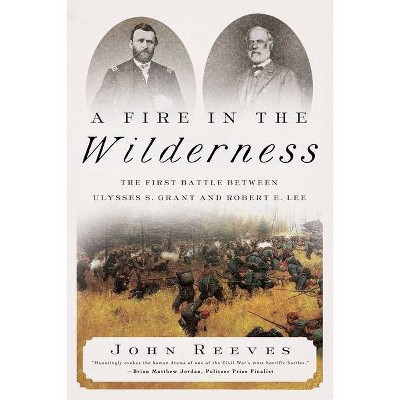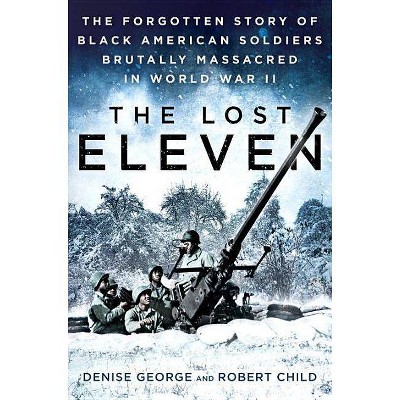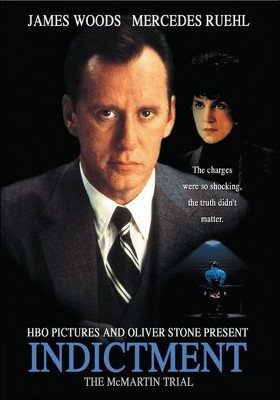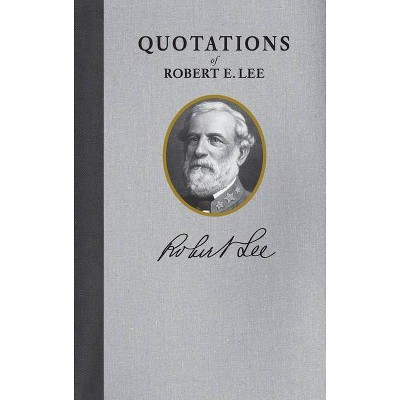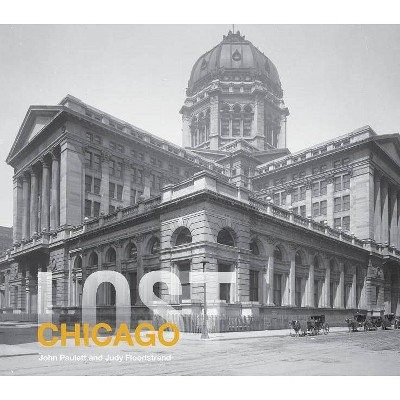The Lost Indictment of Robert E. Lee - by John Reeves (Hardcover)
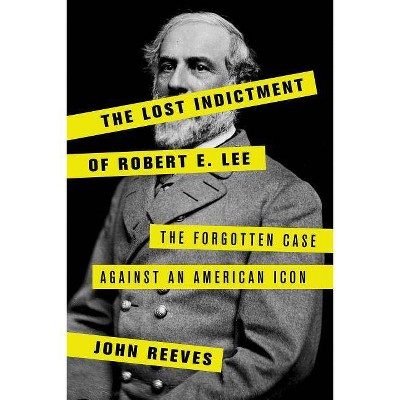
Similar Products
Products of same category from the store
AllProduct info
<p/><br></br><p><b> About the Book </b></p></br></br>Defeated on the battlefield, Robert E. Lee soon faced the wrath of vengeful northerners, including indictment for treason just weeks after the Civil War ended. This book tells the forgotten story of Lee's indictment and the slow process by which his memory was transformed from traitor to American icon.<p/><br></br><p><b> Book Synopsis </b></p></br></br>History has been kind to Robert E. Lee. Woodrow Wilson believed General Lee was a "model to men who would be morally great." Douglas Southall Freeman, who won a Pulitzer Prize for his four-volume biography of Lee, described his subject as "one of a small company of great men in whom there is no inconsistency to be explained, no enigma to be solved." Winston Churchill called him "one of the noblest Americans who ever lived." Until recently, there was even a stained glass window devoted to Lee's life at the National Cathedral in Washington, D.C. Immediately after the Civil War, however, many northerners believed Lee should be hanged for treason and war crimes. Americans will be surprised to learn that in June of 1865 Robert E. Lee was indicted for treason by a Norfolk, Virginia grand jury. In his instructions to the grand jury, Judge John C. Underwood described treason as "wholesale murder," and declared that the instigators of the rebellion had "hands dripping with the blood of slaughtered innocents." In early 1866, Lee decided against visiting friends while in Washington, D.C. for a congressional hearing, because he was conscious of being perceived as a "monster" by citizens of the nation's capital. Yet somehow, roughly fifty years after his trip to Washington, Lee had been transformed into a venerable American hero, who was highly regarded by southerners and northerners alike. Almost a century after Appomattox, Dwight D. Eisenhower had Lee's portrait on the wall of his White House office. The Lost Indictment of Robert E. Lee tells the story of the forgotten legal and moral case that was made against the Confederate general after the Civil War. The actual indictment went missing for 72 years. Over the past 150 years, the indictment against Lee after the war has both literally and figuratively disappeared from our national consciousness. In this book, Civil War historian John Reeves illuminates the incredible turnaround in attitudes towards the defeated general by examining the evolving case against him from 1865 to 1870 and beyond.<p/><br></br><p><b> Review Quotes </b></p></br></br><br>John Reeves titled his introduction to this work "Reevaluating Robert E. Lee" but The Lost Indictment of Robert E. Lee is a reevaluation of many things. Reeves reevaluates Robert E. Lee after 1865, the attempted legal case against him and other former Confederates, and Lee's views on slavery, the war, and Reconstruction. He also reevaluates Andrew Johnson's role in punishing former Confederates, the attempt and failure to secure punishment against Confederate leaders, and the creation of the Lost Cause in the aftermath of the war. Overall, The Lost Indictment is a fascinating and enjoyable read that untangles many questions about the transition from war to peace after the destructive Civil War.--Civil Discourse<br><br>"Reeve's study of the abortive Lee treason prosecution offers fresh insight into the tortured ending of the Civil War, the movement toward white sectional reconciliation at the expense of African American rights, and the construction of the Lost Cause, of which Lee is both an essential figure and initial architect."--CHOICE<br><br>A provocative work of history and cultural analysis.... Mr. Reeves, a journalist and former history teacher, does an able job of untangling the shifting public sentiment, tactical misjudgments and legal ordeals that shaped the indictment and ultimately crippled it.--The Wall Street Journal<br><br>In this well-crafted narrative, Reeves demystifies the Confederate general Robert E. Lee and the reasons he was given amnesty after the Civil War.... Reeves offers a timely portrait of how the cults of Lee and the states' rights lost cause became firmly entrenched in American culture within only 25 years of the Civil War--and still haunt 21st-century debates over Confederate monuments and battle flags.--Publishers Weekly<br><br>Perhaps nothing demonstrated the unwillingness of Americans to come to terms with the bloody history of 1861-1865 so well as their veneration of Robert E. Lee. For decades (and without a sense of irony), northerners and southerners acclaimed the commander of the Army of Northern Virginia as an authentic national hero. . . . John Reeves' new book, however, "tells the story of the forgotten legal and moral case that was made against the Confederate general in the days after the Civil War." In his lively and accessible narrative, Reeves relates "the history Americans tried to forget."--New York Journal of Books<br><br>At a time when memorials to Lee arouse controversy, John Reeves reminds us that Lee aroused bitter disagreement during his own lifetime. Delving into the circumstances surrounding Lee's little remembered indictment for treason after the Civil War, Reeves weaves a timely and fascinating story of Lee's actions and reputation, the definition of treason, and the eventual elevation of the former Confederate to the pantheon of American heroes. Anyone interested in the roots of our contemporary debates would do well to reflect upon the history so ably recounted in the Lost Indictment of Robert E. Lee.--W. Fitzhugh Brundage, University of North Carolina at Chapel Hill<br><br>In John Reeves' remarkable book, we see a telling and striking portrait of Robert E. Lee after the Civil War. Unheard of to many, this accurate portrayal of a murky character and time in our nation's history should be read and consumed by all.--The Reverend Robert W. Lee, IV, Professor and Pastor, Collateral Descendent of Confederate General Robert E. Lee<br><br>More so than any previous writer, Reeves makes clear that following the Civil War northerners held Lee accountable for all manner of sins--not only treason and disunion--but also for the abuse of white and black Union troops held in Confederate prisoner of war camps. Lee's ascension into the pantheon of Civil War icons, at least in the North, thus was a slow process. This is an important assessment.--John David Smith, author of An Old Creed for the New South: Proslavery Ideology and Historiography, 1865-1918<br><br>This fine book delivers a great deal more than promised by the title. It not only clears up misconceptions about the aborted indictment of Lee and other Confederates for treason; it also offers incisive treatments of Lee's connections to slavery, secession, postwar Reconstruction, and the Southern cult of the Lost Cause.--James M. McPherson, Princeton University<br><p/><br></br><p><b> About the Author </b></p></br></br>For over twenty-five years, John Reeves has been working to make complex subjects more interesting and accessible for students and general readers. For 15 years he taught European and American history at colleges in Chicago, the Bronx, and London. More recently, as an editor and writer at The Motley Fool, he produced investing-related content for millions of readers. He resides in Washington, D.C.
Price History
Price Archive shows prices from various stores, lets you see history and find the cheapest. There is no actual sale on the website. For all support, inquiry and suggestion messagescommunication@pricearchive.us
